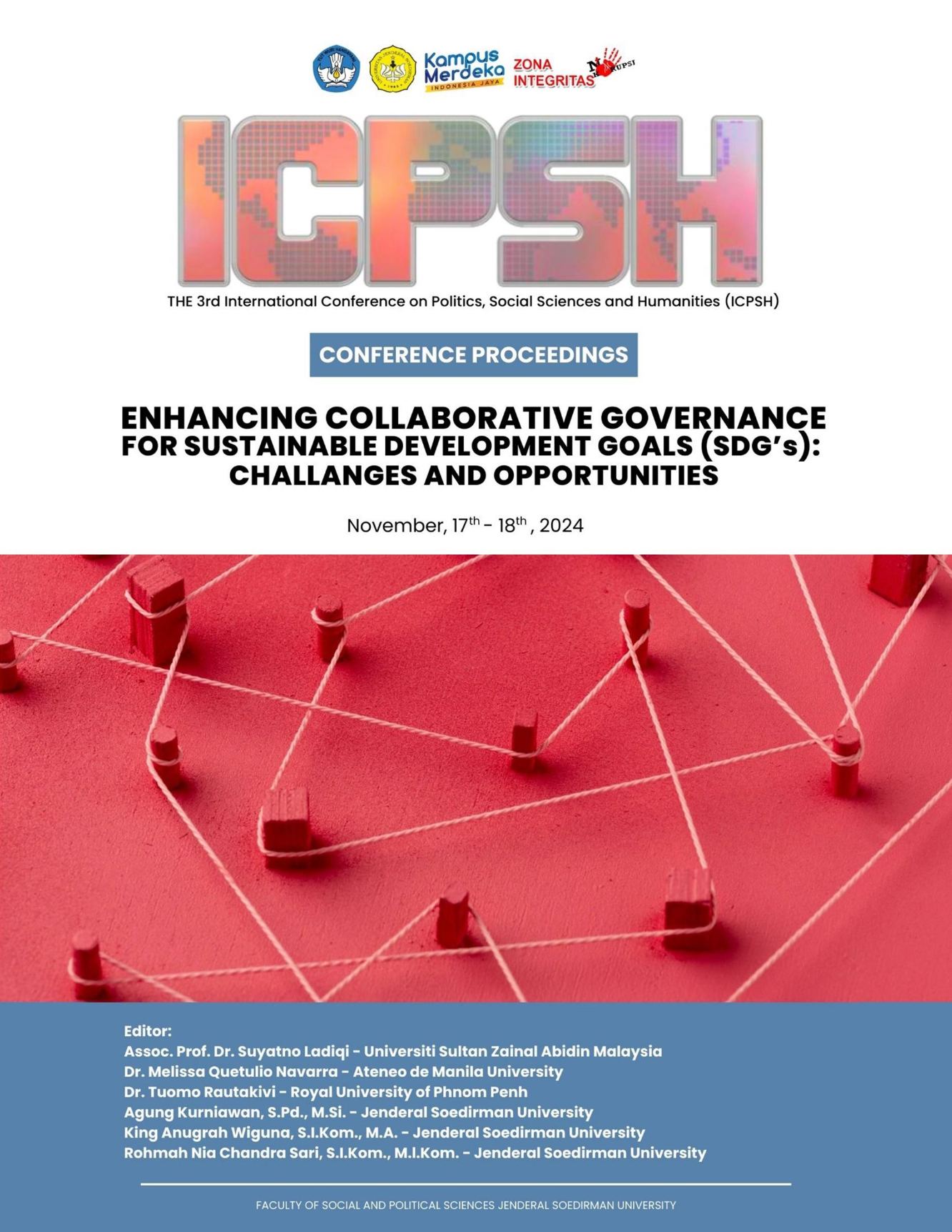Bridging United Cities and Local Governments Asia Pacific (UCLG ASPAC) Role in Advancing the Sustainable Development Goals (SDGs) Poin 16 In Southeast Asia 2022
Abstract
Human trafficking has been becoming a problem in the Southeast Asia region until today. Southeast Asia is the primary transit hub for human traffickers with millions of people subjected to forced labour and exploitation or commonly known as “modern slavery”. The most victims in 2022 are reportedly from South and Central Asia. It emphasized that Southeast Asia is partaking as a contributor to the high number of human trafficking in the world. The concept of paradiplomacy and the concept of sustainable goals (SDGs) will be used, particularly SDGs point 16: Peace, Justice, and Institution to illustrate the issue and effort to eradicate in Southeast Asia. The purpose of this article is to analyze the efforts made by a non- governmental actor, United Cities and Local Government Asia Pacific (UCLG- ASPAC) to deal with the issue of human trafficking and correlate it with SDGs point 16. For that, this article employed qualitative methods, including a descriptive analysis of implementation between UCLG- ASPAC and local government. This article wants to show that the collaboration between UCLG ASPAC and local government is still not optimal in dealing with transnational human trafficking crimes, particularly in Southeast Asia. The result obtained are that the role of local government in UCLG ASPAC has made various effort to advancing the sustainable development goals (SDGs) point 16 and eradicate the problem of trafficking both from increase transparency in the system, become a bridge between the government and other actors, communicate information to the public and provide responses to the government.



